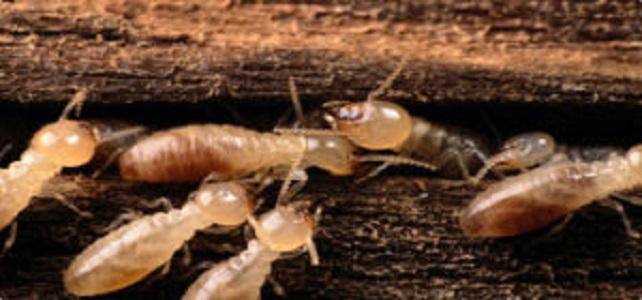
Backyard Bugs -Bug season increases in our backyards as the hot Summer months move in. We at Southern Pest Control would like to share some tips that may help you reduce the bug problem in your backyard this summer.
These Plants have been proven to help the backyard bugs situation.
Basil
Repels house flies and mosquitoes. Plant basil in containers by your house doors and in outdoor areas where you like to relax or entertain.
Lavender
Repels moths, fleas, flies and mosquitoes. Lavender has been used for centuries to add a pleasantly sweet fragrance to homes and clothes drawers. Although people love the smell of lavender, mosquitoes, flies and other unwanted insects hate it. Place tied bouquets in your home to help keep flies outdoors. Plant it in sunny areas of the garden or near entryways to your house to help keep those areas pest free.
Lemongrass
Repels mosquitoes. You’ve no doubt seen citronella candles in stores during the summer and read how citronella will keep mosquitoes away. Citronella is a natural oil found in lemongrass, an ornamental that can grow up to 4 feet tall and 3 feet wide in one season. (It’s worth noting that lemongrass isn’t just the name of one plant; it’s the umbrella name for plants in the Cymbopogon family, which also includes citronella grass.)
Lemon Thyme
This hardy herb can adapt to dry or rocky, shallow soil and will thrive in your herb garden, a rock garden or a front border as long as these are in sunny locations. The plant itself will not repel pesky mosquitoes. To release its chemicals, you must first bruise the leaves. To do this, simply cut off a few stems and rub them between your hands. Before you do that, though, it’s advisable to make sure the plant’s natural properties will not adversely affect you. Determine your tolerance by rubbing crushed leaves on a small area on your forearm for several days.
Mint
With a little work, the plant’s aromatic oils can be extracted and combined with apple cider vinegar to make a mosquito repellent. Containers of mint strategically placed in the garden or on the patio will help keep nearby plants insect free.
Rosemary
The plant itself and its cuttings are effective repellents. You can make a simple repellent spray by boiling 1 quart of dried rosemary in a quart of water for 20 to 30 minutes and then straining the liquid into a container at least a half-gallon in size that contains a quart of cool water. Put a cap on the combined liquid and store it in the refrigerator. Add the repellent to small squirt bottles as needed when going outdoors.
We at Southern Pest Control hope that this information was beneficial when dealing with backyard bugs.Remember if you have an out of control pest problem in your home or outdoors, we are here to help. We have been in the Pest Control business for over 38 years serving the entire Gulf Coast Region. Please call us at 800 527-9832 if we can help. Please visit our website at www.southernpestcontrol.biz to meet our team of experts and learn more about our services.


